Winner of the Cinema Splash Award for Best Director, “The Gun” is one of the most impressive films of the year and a rather interesting turn in 2018 for Masaharu Take, whose previous film this season was the light comedy “We Make Antiques“.
The script is based on Fuminori Nakamura's Akutagawa award winner novel “Ju” and focuses on university student Toru Nishikawa, a rather detached young man whose life turns upside down when he discovers a gun by the riverside on his way home, and decides to pick it up and keep it. Initially, the gun gives him confidence and even swagger, which allows him to end up having sex with a gorgeous woman after a double date, and at the same time to pursue a relationship with fellow student Yuko, who seems to be rather interested in him. When he finds out, though, that the gun was used in a murder that occurred in the area and a rather strange, pestering cop starts investigating him, he realizes that he got more than he bargained for. Nevertheless, his will to kill with this gun remains.
Masaharu Take directs a black-and-white film that shares much similarities with “Crime and Punishment” in its basic premise and much with the Japanese New Wave (and subsequently the French Nouvelle Vague) in its visual approach. The gun, in that fashion, is just a tool to explore a very interesting character in Toru, and to progress the story into a path that allows him to make a number of social and philosophical (existential) comments.

Regarding the second aspect, Take deals with sex and the way people perceive it: the woman he meets on a double date as merely pleasure, Yuko as the capstone of a serious relationship, Toru as means to self-justification and his only friend from school, as the ultimate goal. At the same time, and in connection with sex, he makes a comment about human/romantic relationships and particularly what women want from one and what men, with the way Toru exploits his knowledge of the former being one of the most interesting aspects of the film. Violence (even in the form of a possibility), its roots, and the way it affects people is also one of the central ones.
Of course, the “medium” for all this comments is Toru, whose detachment makes him react to all the things that occur in his life after he finds the gun, as a sort of an academic research instead of actual events, with this mentality eventually becoming the main reason of his inevitable downfall. Masaharu Take paints Toru in the darkest colors, both regarding the aforementioned aspect and the way he perceives people and particularly women, in the process creating a real creep, a sense that finds one of its apogees in another event involving the gun, which is what eventually sends the detective his way.

The eventual revealing of his childhood somewhat explains his attitude, in psychological terms, but in no way justifies neither it nor his actions.
The only significant fault I found on the narrative is the use of narration, in the form of Toru's thoughts, a concept that helps understand the character and, in essence, the movie, but I felt that it actually spoon-feeds the viewer, thus forbidding one from coming to one's own conclusions. Aesthetically though, the narration works quite well in the movie.
Hiromitsu Nishimura's cinematography is one of the best assets of the film, with the monochrome visuals actually functioning as the embodiment of Toru's psychological status, while his framing is occasionally impressive. Lastly, and in a not so original, but still quite impactful tactic, there is one scene that is filled with color, that closes the film in the most impressive fashion.
Nijiro Murakami gives a great performance as a disoriented young man whose true personality comes to the fore when he discovers the gun, while the concept of an individual who hides a true creep under his beautiful and seemingly timid facade is exceptional. His performance follows a certain, quite measured path for the majority of the film, thus making his few outbreaks even more impactful. Alice Hirose as Yuko plays the cheerful, mature girl with gusto, while Lily Franky is great as always in the role of the mysterious detective who functions as one of the catalysts of the story.
“The Gun” is an impressive movie, one of the best in Take's cinematography and among the best Japanese films of the year.


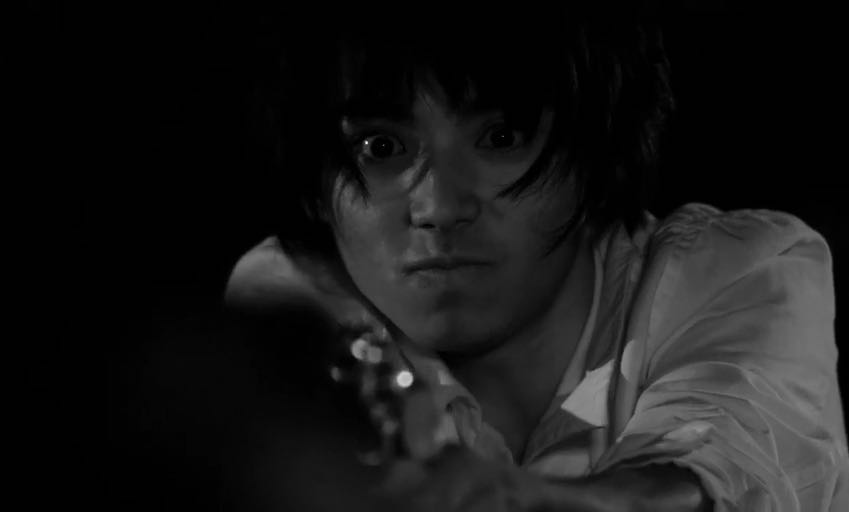
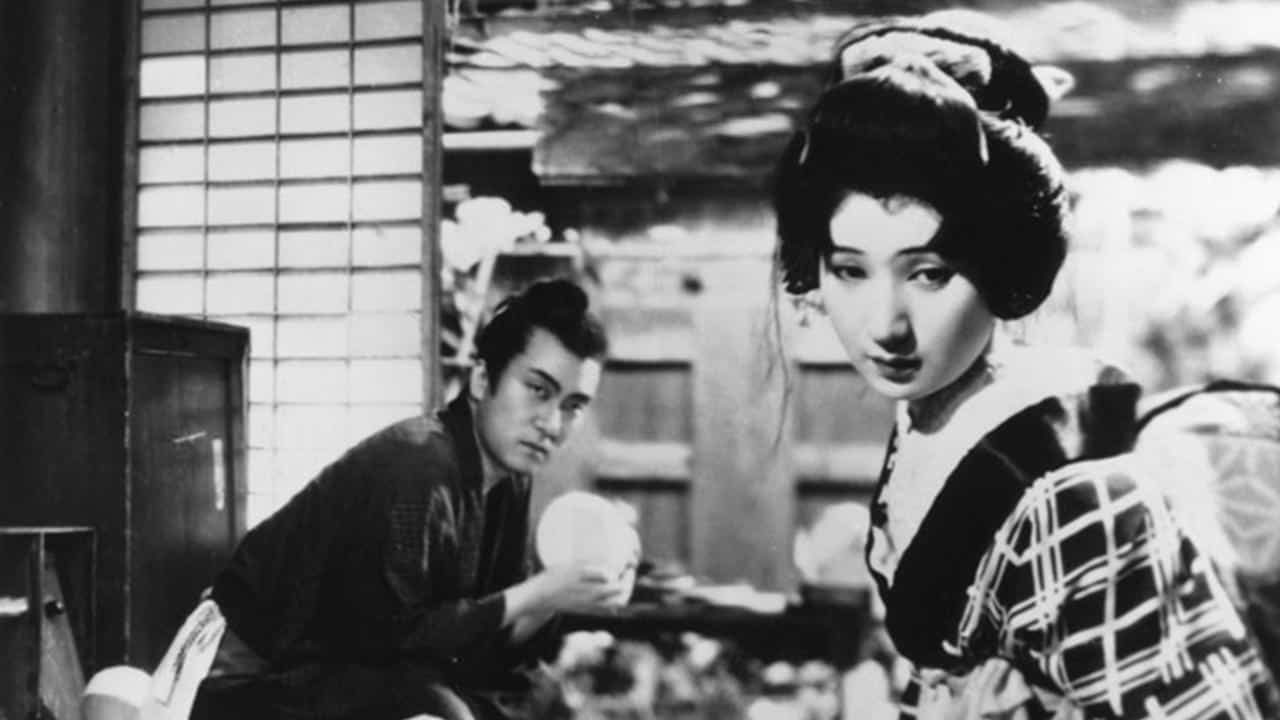
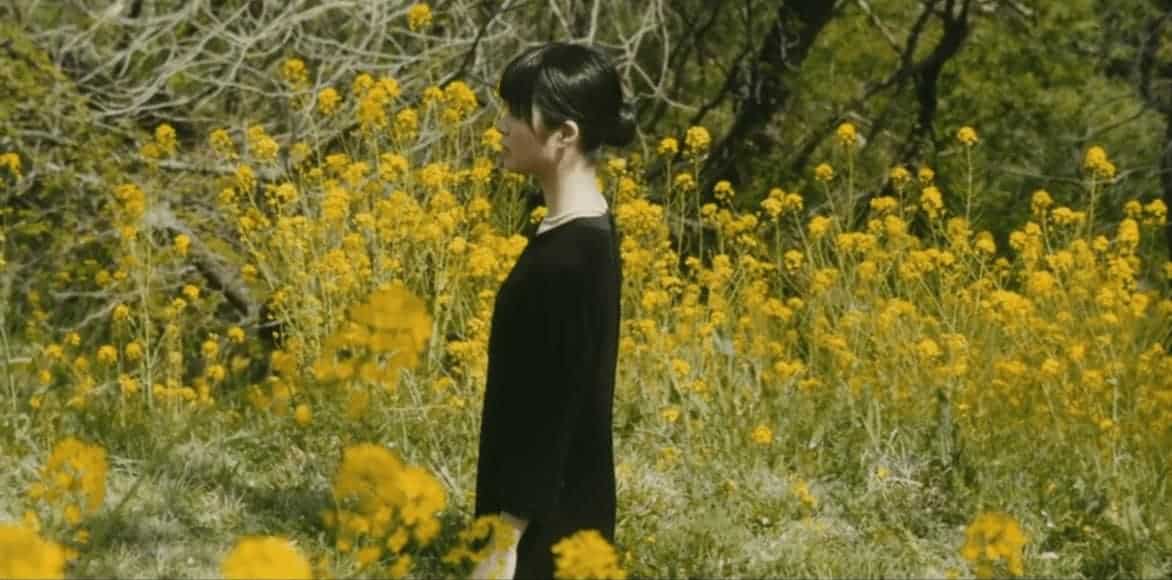

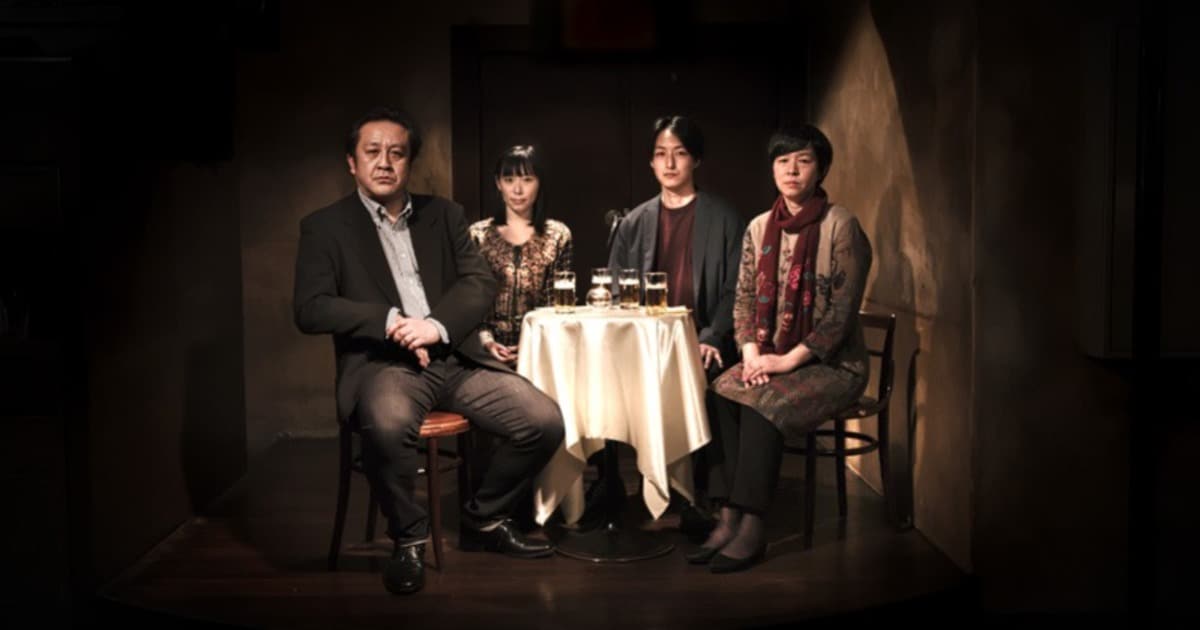
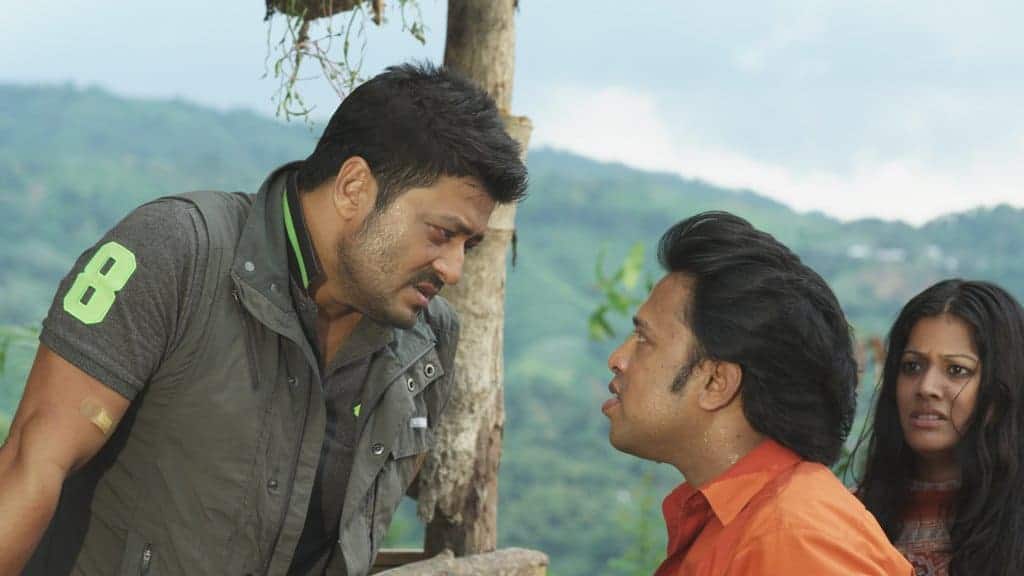








Where can I watch it?
Very difficult to find at the moment. Only Japanese Amazon has the dvd
https://www.amazon.co.jp/%E9%8A%83-DVD-%E6%9D%91%E4%B8%8A%E8%99%B9%E9%83%8E/dp/B07X2V3PF6